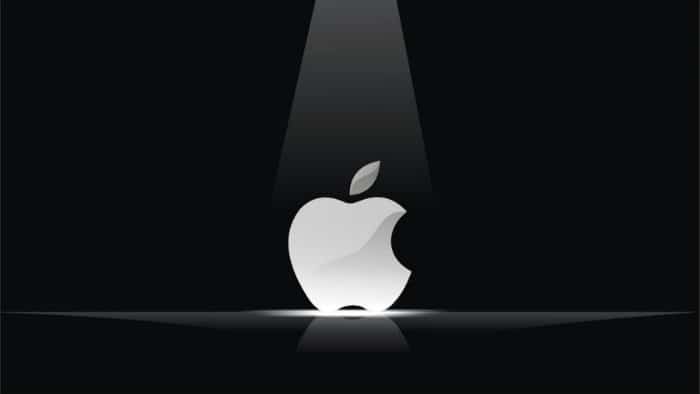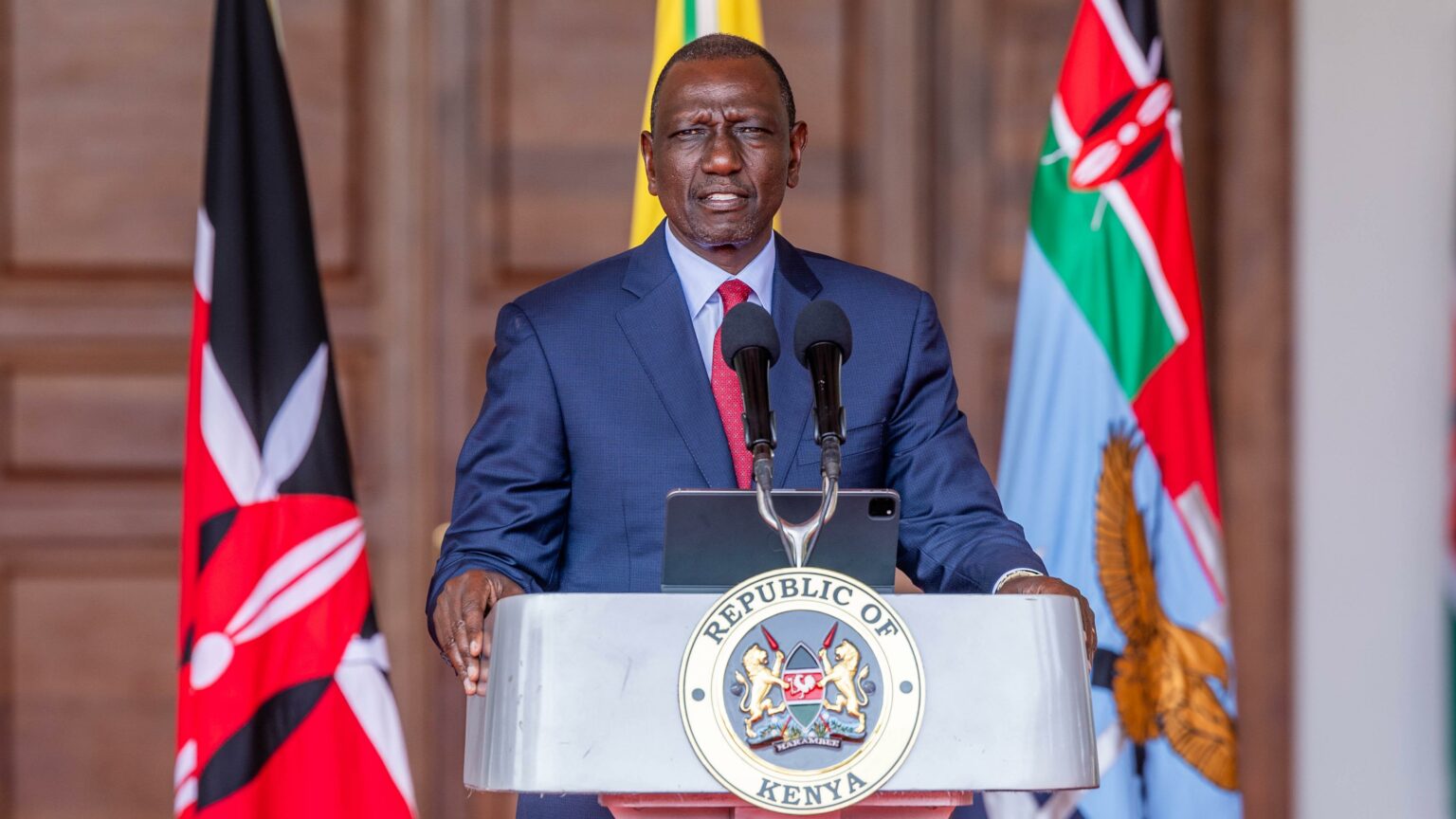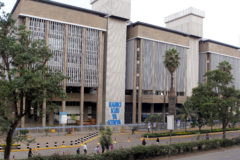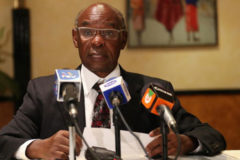The Democratic Republic of Congo (DRC) claims it has new evidence linking Apple’s supply chain to illegally exported minerals from the troubled east. DRC is rich in “3T”–tin, tungsten, and tantalum–critical components to manufacture electronic devices like smartphones and computers.
US-based Amsterdam & Partners LLP said on Wednesday in a statement seen by TechCabal that new evidence from whistleblowers shows that the iPhone maker benefits from blood minerals–a term used to refer to minerals from war-torn countries. If true, the claims could dent the California-based company’s social and environmental responsibility credentials.
“In recent weeks, since the release of the Blood Minerals report by Amsterdam & Partners, we have received new evidence from whistleblowers. It is more urgent than ever that Apple provide real answers to the very serious questions we have raised, as we evaluate our legal options,” said Robert Amsterdam, a partner at Amsterdam & Partners LLP.
Amsterdam has claimed that Apple has benefitted from minerals smuggled by armed groups in Easter DRC through Rwanda and Uganda, claims the iPhone maker has denied.
Apple has maintained that it has a vigorous due diligence process that keeps out smelters and refiners who source 3T from war-torn countries. This is done according to US Securities and Exchange Commission (SEC) regulations that require firms to disclose components that contain conflict minerals.
In April, Amsterdam & Partners and Paris-based Bourdon & Associés wrote to Tim Cook, Apple CEO, raising concerns about the company’s supply chain, which they wanted addressed within three weeks.
“The absence of a response is an implicit admission that the questions we asked Apple were relevant,” said William Bourdon, partner at Bourdon & Associés.
DRC’s mineral-rich eastern provinces have been embroiled in decades of war between armed groups like the M23 rebels and government forces. The region has some of the world’s largest coltan deposits, from which tantalum is extracted.




















